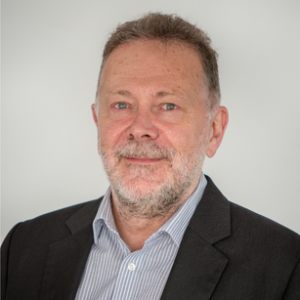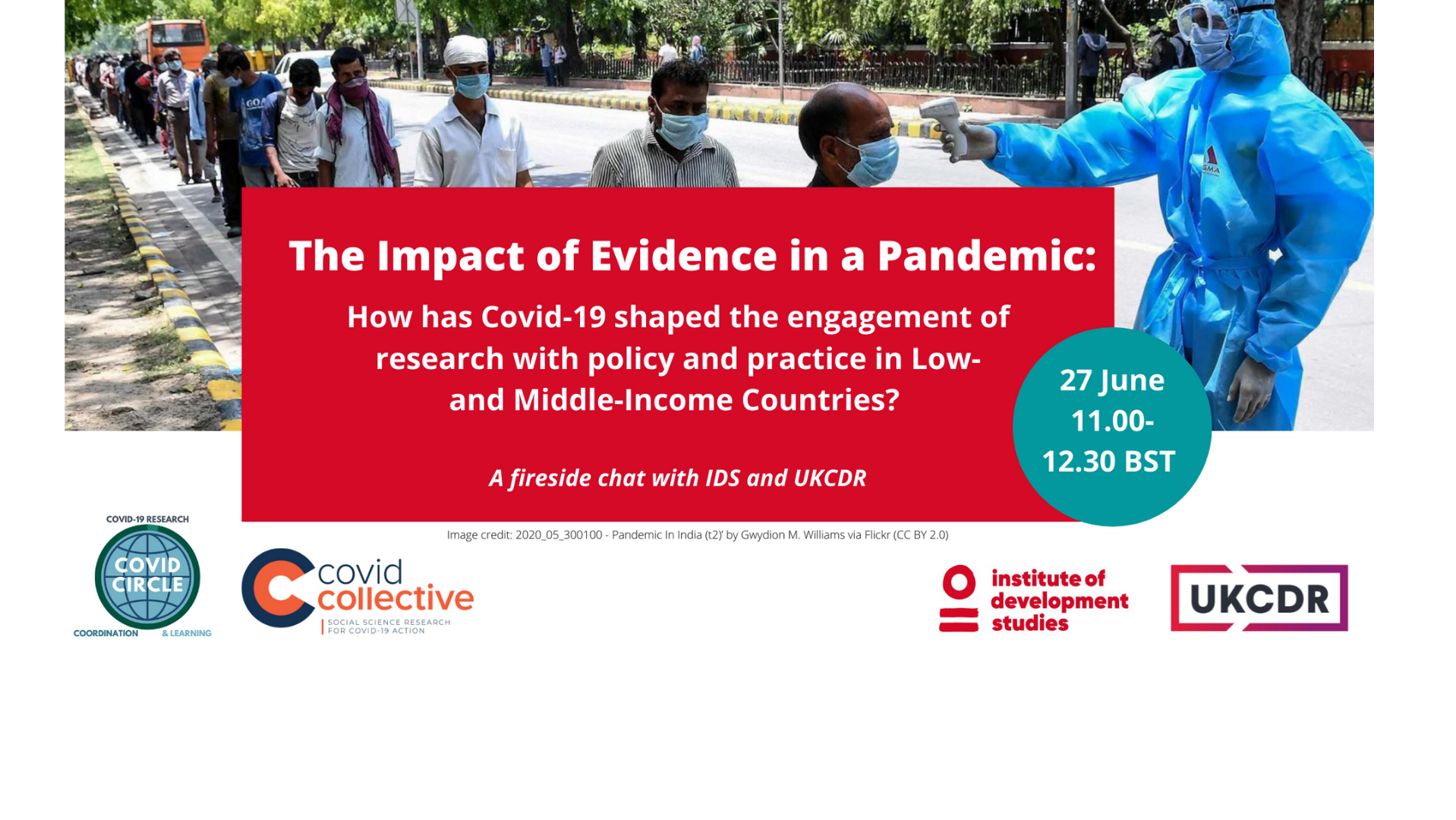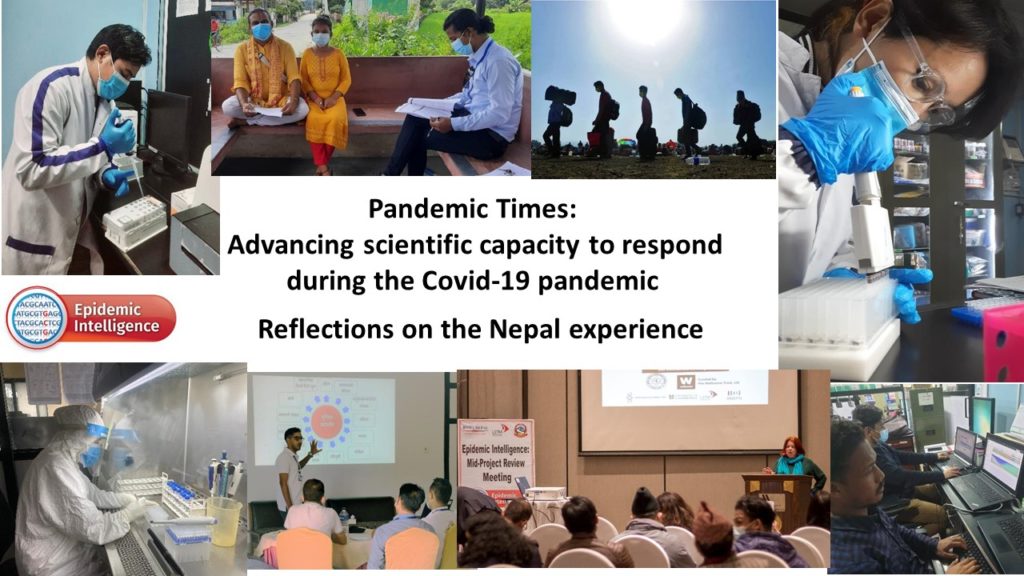Our Chairs and presenters
Daniela Toale

Daniela is the programme manager for UKCDR’s COVID CIRCLE work. She joined UKCDR in September 2021 as a Research and Policy Officer on secondment from UK Research and Innovation (UKRI). At UKCDR, she coordinates the COVID CIRCLE Researcher Community, convenes Funder forums and supports UKCDR’s work on equitable partnerships.
At UKRI, Daniela works within the International Development team overseeing several programmes funded by the Global Challenges Research Fund (GCRF). Daniela has several years of experience working at research funders in the international development space and also has expertise in programme management, research, content management and publishing.
Peter Taylor

Peter Taylor is Director of Research at the Institute of Development Studies (IDS). Previously he was Director, Strategic Development, at the International Development Research Centre (IDRC), Ottawa, Canada where he was responsible for leading IDRC’s strategic planning processes.
Peter holds a PhD and MSc in agricultural education, and a BSc degree in animal sciences. He has research, teaching and writing interests in the theory and practice of organizational development and capacity strengthening, evaluation and learning, and facilitation of participatory and social change processes in a diverse range of international contexts.
Dr Maxine Caws

Dr Maxine Caws is based with Birat Nepal Medical Trust in Kathmandu, Nepal and is a senior researcher at the Liverpool School of Tropical Medicine, UK. She is Principal Investigator of the Epidemic Intelligence and IMPACT TB consortium projects. She conducts research exploring aspects of infectious disease diagnosis, treatment, access to care, molecular epidemiology and drug resistance.
Andrea Ordóñez

Andrea Ordóñez is Director of Southern Voice and has been part of the initiative since inception in 2012. She leads the implementation of the network strategy and programmes. She co-edited the book “Southern Perspectives on the Post-2015 International Development Agenda” with Debapriya Bhattacharya.
Her work focuses on better fostering better knowledge systems to support sustainable development. Andrea has developed research projects for the public sector and numerous international organizations.







